Shortness of breath is a common symptom experienced by many people at some point in their lives. It can be caused by various medical conditions, such as asthma, heart problems, or lung disease, but it can also result from anxiety. When experiencing shortness of breath, it can be challenging to distinguish whether the cause is physical or psychological, particularly because anxiety can manifest in physical symptoms that mimic other health issues.
Understanding how anxiety affects your breathing and identifying the specific signs of anxiety-induced shortness of breath can help you manage the situation more effectively. In this article, we’ll explore how to recognize when shortness of breath is due to anxiety and the steps you can take to cope with it.
What is Anxiety-Induced Shortness of Breath?
Anxiety affects both the mind and body, often triggering the “fight-or-flight” response, which prepares the body to react to perceived danger. One of the key aspects of this response is increased breathing to provide more oxygen to the muscles.
However, when anxiety becomes chronic or intense, this increase in breathing can become excessive, leading to hyperventilation—a condition where you are breathing faster than your body needs. This can result in feeling breathless, even when there is no immediate physical cause.
Anxiety-induced shortness of breath often feels like you’re not getting enough air or that you’re unable to take a full breath. It might come on suddenly, particularly in stressful situations, or it may persist over time if you’re dealing with chronic anxiety.
How to Tell if Your Shortness of Breath is from Anxiety?
The Timing of the Symptom
One of the first clues that your shortness of breath might be anxiety-related is when it occurs. Anxiety-related breathing issues often happen during or after stressful events or periods of intense worry.
For example, you might notice it when you’re in a social situation that makes you uncomfortable, when you’re dealing with work deadlines, or during a panic attack. If the shortness of breath seems to correlate with moments of mental or emotional distress, it’s more likely to be linked to anxiety rather than a physical health issue.
Accompanying Symptoms
Anxiety-induced shortness of breath usually doesn’t appear in isolation. There are typically other signs of anxiety that accompany it, such as:
- Increased heart rate or palpitations: You may notice your heart racing or skipping beats.
- Sweating or shaking: Physical anxiety symptoms often include clammy hands or uncontrollable shaking.
- Feeling of dread or panic: If you’re experiencing intense fear or worry alongside your breathing issues, anxiety is likely the cause.
- Chest tightness: Anxiety can cause muscle tension in the chest, which may make it feel like you’re not able to breathe deeply.
- Lightheadedness or dizziness: Rapid breathing from anxiety can lead to hyperventilation, causing dizziness or feeling faint.
If your shortness of breath is accompanied by these or other typical anxiety symptoms, it’s a strong indication that anxiety is the root cause.
Rapid Onset vs. Gradual Onset
Anxiety-related shortness of breath usually has a rapid onset. It may come on suddenly during a panic attack or heightened period of stress. In contrast, shortness of breath related to physical health issues like asthma or heart disease often develops gradually or persists over time. If your breathing problems start abruptly and coincide with feelings of fear or panic, it’s likely anxiety-induced.
Breathing Patterns
Anxiety-related shortness of breath is often linked to hyperventilation, which means you are breathing too fast or too shallow. This can cause an imbalance of oxygen and carbon dioxide in your body, leading to symptoms like chest tightness, lightheadedness, and numbness or tingling in your extremities. You might feel like you can’t catch your breath or that your breathing is out of control.
On the other hand, if your shortness of breath is caused by a physical issue such as asthma, it’s more likely to feel like your airways are constricted, or you may wheeze when breathing. Paying attention to how you’re breathing during these episodes can help differentiate the cause.
Breathing Exercises Provide Relief
One of the quickest ways to determine if anxiety is causing your shortness of breath is to try breathing exercises. If your breathing issues improve after doing deep breathing or relaxation techniques, it’s a good sign that anxiety is the root cause.
For instance, you can try a simple deep-breathing exercise:
- Breathe in slowly through your nose for four seconds.
- Hold your breath for four seconds.
- Exhale slowly through your mouth for four seconds.
- Repeat this process for a few minutes.
If this helps ease your symptoms, it’s likely that anxiety was causing the shortness of breath. If the problem persists despite relaxation techniques, it’s a good idea to consult a healthcare professional.
Lack of Other Physical Symptoms
Shortness of breath from medical conditions often comes with additional physical symptoms that aren’t typically associated with anxiety. For example, if your shortness of breath is due to a lung condition like asthma, you might also experience wheezing, coughing, or tightness in your chest. Heart-related issues may cause swelling in your legs, fatigue, or a bluish tinge to your lips or fingers.
If you don’t experience any of these additional physical symptoms and your shortness of breath comes and goes based on your emotional state, it’s more likely related to anxiety.
How to Cope with Anxiety-Induced Shortness of Breath?
Once you’ve identified that your shortness of breath is likely due to anxiety, there are several strategies you can use to manage the symptoms and prevent them from getting worse.
Practice Mindful Breathing
Mindful breathing techniques can help slow down your breathing and reduce the anxiety that’s contributing to your shortness of breath. Deep breathing exercises like diaphragmatic breathing or the 4-7-8 technique can help restore a normal breathing rhythm and ease hyperventilation.
Grounding Techniques
Grounding techniques help bring your focus away from the anxiety and back to the present moment. This can be particularly useful if your shortness of breath is happening during a panic attack. One common technique is the 5-4-3-2-1 method, where you focus on five things you can see, four things you can touch, three things you can hear, two things you can smell, and one thing you can taste.
Physical Relaxation
Progressive muscle relaxation (PMR) is a technique where you tense and then relax different muscle groups in your body, helping to reduce overall tension and anxiety. Since anxiety can cause tightness in the chest, shoulders, and neck, PMR can help alleviate some of the physical symptoms of anxiety that contribute to shortness of breath.
Regular Physical Activity
Exercise can help regulate your breathing over time and improve your overall lung capacity. It also reduces stress and anxiety levels, which can help prevent episodes of shortness of breath. However, it’s important to start gradually if you’re new to exercise or if your anxiety is causing frequent symptoms.
Seek Professional Help
If your anxiety and shortness of breath are interfering with your daily life, it might be time to seek help from a mental health professional. Cognitive-behavioral therapy (CBT) is a popular treatment for anxiety disorders and can help you learn to manage your anxiety more effectively. In some cases, medication might also be recommended to help reduce anxiety symptoms.
When to See a Doctor?
While anxiety is a common cause of shortness of breath, it’s important not to overlook other potential medical causes. If you’re unsure whether your breathing difficulties are due to anxiety or a physical condition, it’s always a good idea to see a doctor. Seek medical attention if your shortness of breath:
- Occurs suddenly and severely.
- Is accompanied by chest pain, dizziness, or fainting.
- Persists over a long period without an obvious cause.
Conclusion
Shortness of breath can be a frightening symptom, especially when it’s unclear whether the cause is anxiety or a physical health problem. By paying attention to when the symptom occurs, the presence of other anxiety-related symptoms, and how your breathing patterns change, you can better determine whether your shortness of breath is related to anxiety.
If so, techniques like mindful breathing, grounding exercises, and physical relaxation can help you manage the symptom and prevent it from taking over your life. However, if you’re ever in doubt, it’s important to seek professional medical advice to rule out other causes.












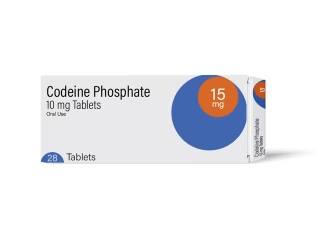


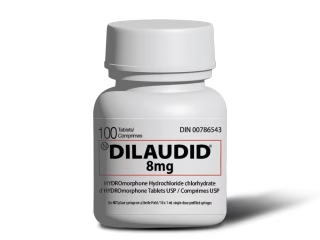




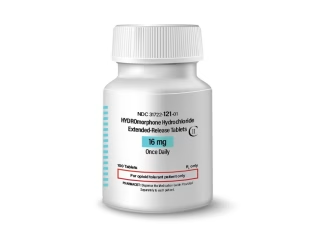




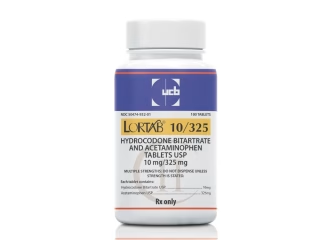













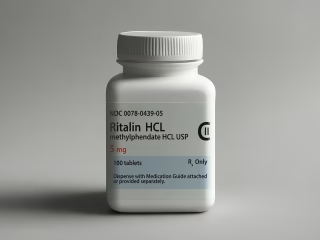
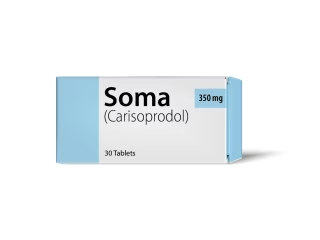






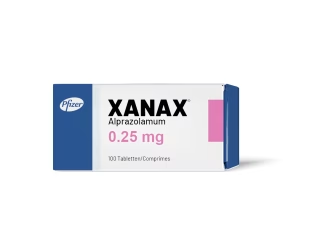

Leave a Reply